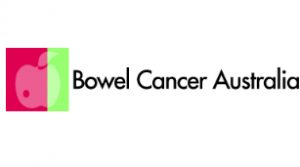
Dedicated to prevention, early diagnosis, quality treatment & care for everyone affected by bowel cancer. They encourage average risk Australians from age 50 to undergo screening every 1-2 years. Bowel Cancer is Australia’s second biggest cancer killer, yet 90% of cases can be treated successfully if detected early.
Role of pathology in bowel cancer
Bowel cancer screening via an at-home sampling kit (faecal immunochemical test) is highly reliant on skilled pathology staff. Pathology professionals conduct blood and stool tests that guide diagnosis and review and interpret biopsy samples for treating doctors. Pathology testing is also used after diagnosis to help doctors determine the best course of treatment. For example, genetic tests can show mutations in particular genes which affect how a person’s body will respond to certain drugs. For families with genetic changes that put them at increased risk of bowel cancer, genetic testing can help them decide about increasing the frequency of check-ups.
Ben’s story
Sydney based Ben Bravery was diagnosed with bowel cancer at just 28  years old. Because of Ben’s young age, he underwent extensive genetic testing to see if some genetic factor could be found but Ben was negative for all factors and markers.
years old. Because of Ben’s young age, he underwent extensive genetic testing to see if some genetic factor could be found but Ben was negative for all factors and markers.
As a cancer patient Ben learned the value of all his test results and the guidance they gave his doctors. Now training to be a doctor himself, Ben will one day use pathology to help patients of his own.
